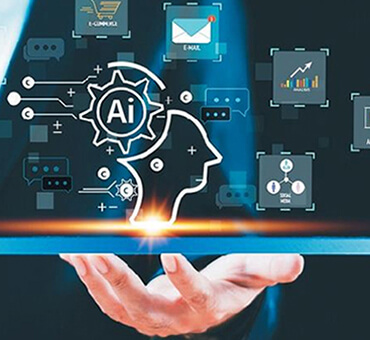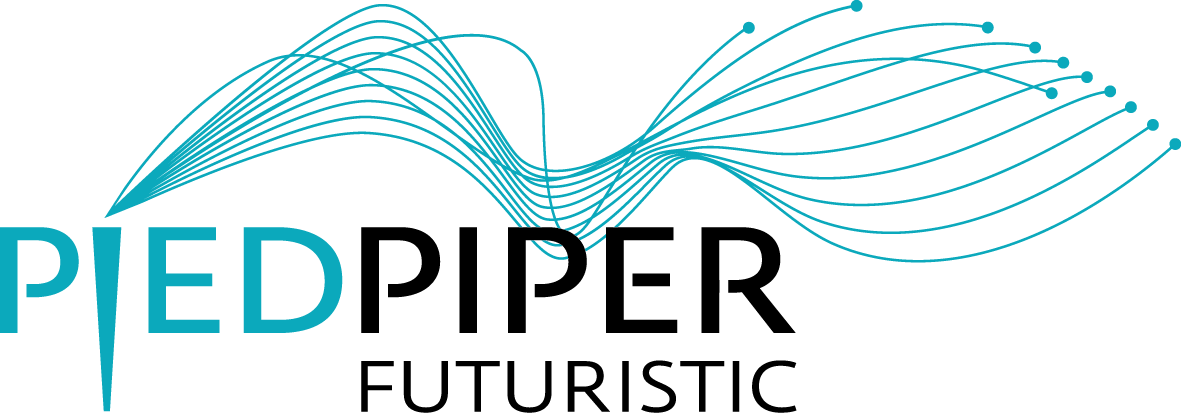When will Machine Learning Replace Human Brains?

When will Machine Learning Replace Human Brains?
- March 19, 2025
- By Admin
For the past few years, there has been a growing fear in the market that artificial intelligence (AI) will take away jobs of all programmers. Actually, how much should we worry?
Humans realised the importance of using machines for monotonous or physically exhausting tasks nearly 250 years ago, during the early stages of the Industrial Revolution. The search for whether machines can also take over intellectual tasks has been ongoing for over a century—since the early 20th century, when computing machines started performing advanced calculations.
In 1950, Alan Turing wrote a research paper titled Computing Machinery and Intelligence. Just as it didn’t take long to realize that computers could perform intellectual tasks remarkably well, it also became clear that they had limitations. That was just the beginning. The computing revolution that emerged in the 1960s and 70s is now at its peak.
Two factors have made this era even more transformative…artificial intelligence and quantum computing. Scientists have a clear understanding of the revolutionary breakthroughs that could occur if these technologies are successfully implemented. However, there is doubt about how well thinkers and policymakers grasp their impact on society, politics, and the economy.
In today’s world, perhaps no philosopher or intellectual can match the influence of the Trump-Musk duo. Instead, intellectuals across the globe have largely chosen the path of compromise. In this changing time, the tendency to underestimate the need for skilled IT professionals and the superficial belief that accompanies it, is shaping the entire world.
What does this influence look like? Sometimes back, Narayana Murthy, one of the key figures in India’s IT sector, suddenly suggested that employees should work 70 hours a week. This sparked a massive debate, with arguments for and against. Shortly after, Infosys, the company founded by Narayana Murthy, laid off hundreds of newly hired employees. This trend is not very “normal.” In India’s large IT firms, which employ hundreds of thousands of people, such layoffs are rare when the economy is stable. This phenomenon should be understood in the context of Musk-era capitalist ideology, of which Murthy is also a representative.
Narayana Murthy is well aware of how crucial human programmers are in the IT industry. Consider a simple task—sorting a given set of numbers from smallest to largest. Writing a program for this is easy. Today, ChatGPT or DeepSeek can generate the code in no time. On the other hand, creating software to fully automate the examination results of all classes in a school is a much more complex task. Such software requires numerous elements that cannot be fully automated using AI alone, it is incredibly difficult, if not impossible. The reason is that in real life, any automated system requires handling multiple layers of complex narratives and information, often requiring different strategies at different times. Narayana Murthy undoubtedly knows that humans are indispensable in such tasks.
What he and others want is for university graduates to be job-ready. Fresh graduates should be able to start working with minimal training. If someone takes too long to learn, they will be fired. Because many others are waiting for the opportunity. And a message will be sent across the job market - there is zero tolerance for even the slightest delay. The goal is not to replace human workers with machines but to make humans work like machines to keep their jobs.
Elon Musk takes this a step further. He doesn’t believe in formal education at all. He has openly stated that anyone can send in their best-written code, and he will hire them based on that. In other words, degrees don’t matter to him. This is an even more radical idea. It undermines the entire education system. Musk simply wants workers for his companies. Perhaps he believes that managing a self-taught programmer without a degree is easier than dealing with world leaders with fake degrees. If academic qualifications lose their importance, employees become even more dependent on their employers. They will write code as commanded, generating wealth for the company. Workers become mere cogs in the system.
However, it is important to note that these tech leaders still demand excellent programmers. Because, beyond just working long hours, these jobs require intelligence. Even centuries after the Industrial Revolution, humans remain indispensable in agriculture and industry. The same applies to software development. Yet, the fear persists…will programmers lose their jobs? The truth is, capitalists don’t want to eliminate programmers. They just want to push them from the middle class to the lower class. Not necessarily financially, but in terms of job security and working conditions. This is why the fear of AI is being deliberately amplified.
It is difficult to predict the future with absolute certainty. But based on what we know so far, the claim that programmers will lose their jobs is not true. However, if this fear is widely spread, programmers will become insecure. Companies will be able to hire them for much lower salaries. The global capitalist system is always trying to push the middle class into the lower class, and the IT sector is no exception. If people are forced to struggle just to survive, they won’t have the time or energy to think about anything else. Musk-era techno-capitalism thrives on such powerless labourers.
Here is a paradoxical situation.Teachers often advise students not to rely on AI tools like ChatGPT when writing programs. Thus they can assess how well the students have understood the concepts taught in class. On the other hand, professionals working in the software industry often find most of their code online or generate it using AI tools. These AI-generated solutions are not always perfect, but by refining them through repeated attempts and smart questioning, a functional software can be created through a collaborative effort between human intelligence and AI. A good programmer needs both skills - writing code independently and knowing how to use AI tools like ChatGPT effectively.
However, if software industry leaders, in their pursuit of greater profits, assume that AI can entirely replace human programmers, they will be sabotaging the future of the next generation. Even with AI, human intelligence is still essential in computing.
Concept credit: Prof Subhamoy Moitra
Indian Statistical Institute, Kolkata
